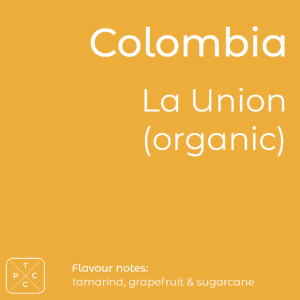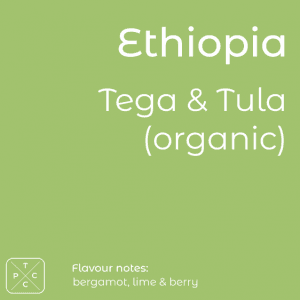
Choosing between Speciality Coffee and Grocery Store Coffee
SPECIALITY COFFEE
vs
SUPERMARKET COFFEE
There are many factors that determine the quality and speciality of a cup of coffee. Factors such as the region from which it originated, the variety that a supermarket or your local coffee shop offers, and the species of coffee beans those artisans harvest, as well as the feedback from other coffee lovers. Simply put, coffee is deemed special because it’s every single one of those things. However, coffee is regarded as more than the sum of all its components.
Speciality coffee is made with quality in mind, which is what sets it apart from the conventional grocery store coffee. Coffee experts and innovators have dedicated time to writing books, which explain in detail the many factors that influence a coffee’s overall quality. While pouring over a book on coffee beans seems like a treat, it’s important that you can distinguish and buy special coffee by yourself.
In this article, we will share with you a checklist to help you choose a cup of proper coffee!
Coffee farms take into account the quality and quantity of beans, as these have an inverse relationship. In fact, know that the highest quality beans are only seasonal. More of these quality beans are only available in specific quantities, which is why most of them are only enough to supply the major roasters.
In an attempt to supply coffee beans all-year-round, large scale companies offer the public other coffee blends instead to mimic the original cup flavour. Even for many coffee lovers, there will be little to no change detectable. While opting for coffee blends isn’t really discouraged, choosing to buy the single-origin coffee ensures that you get the freshest coffee cup possible.
Different variants of coffee beans are harvested throughout the year, so ensure that you know which coffee beans to get every season! Doing this allows you to get speciality coffee in the UK so that you can enjoy it every morning!
QUALITY CHECK #1:
ARE THOSE COFFEE BEANS 'SINGLE-ORIGIN'?
QUALITY CHECK #2:
TAKE NOTE OF ITS ROAST DEGREE
Know that a coffee’s roast quality also indicates its overall quality. Contrary to popular belief however, very darkly roasted coffees do not always qualify as quality-made coffee. This is because any roaster can produce the same effects on any various types of coffee beans with the right tools.
A little industry secret is that the practice of roasting coffee until dark began due to the limited supply of high-quality beans. Here, roasters used this as a way to mask the flavour of Robusta beans. Remember, high-quality coffee is produced through the use of both skill and attention to detail. As a coffee consumer, remember that dark roast may not always be good coffee! A good raster will ensure the suttle flavour tones are released for a true coffee experience rather than burning them away.
Why should you choose whole bean coffee? Well, because they stay fresh for longer periods! A roasted coffee bean protects over a thousand different acids, oils, and aromas. When it is broken up, the aromas are released, and everything begins to oxidise. As a result, the coffee grounds begin to grow stale. Newly ground coffee loses 60% of its original aroma within 15 minutes!
When roasted properly however, coffee beans remain almost immune to the staling process. With this in mind, it is always better to purchase whole bean coffee, grind them fresh yourself, and then brew it immediately after that for a fuller, fresher flavour.
QUALITY CHECK #3:
PREFER WHOLE BEAN COFFEE
Quality check #4:
THE ORIGINS OF THE COFFEE
Who roasted the coffee? Does it come from a small roaster house, or is it perhaps a product of a global brand? Unfortunately, it is a sad truth that plenty of coffee producers choose quantity over quality, meaning that the quality of the coffee is inevitably sacrificed. As you shop at your local supermarket for coffee goods, ensure that the label states that it comes from a local roaster house. Otherwise, your cup of coffee is likely to be generic.
The price of your coffee beans is a strong indicator of its overall quality. Although the laws of supply and demand and marketing efforts play a role in influencing the price, cheaper coffee beans usually mean it's more generic rather than speciality coffee.
QUALITY CHECK #5:
THE PRICE OF THE COFFEE BEANS
While incredibly helpful, this curated checklist contains only some of the factors that make up a quality cup of speciality coffee. The checklist, however, does not distinguish its potency.
If you’re looking to buy truly speciality coffee, browse our selection and try a PROPER COFFEE today! We roast our coffee weekly, in small batches, ensuring that you have the freshest cup of coffee possible for a true coffee experience.




